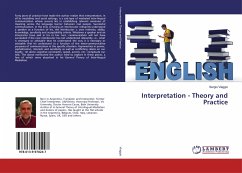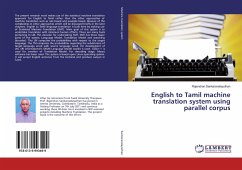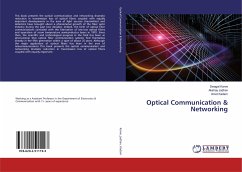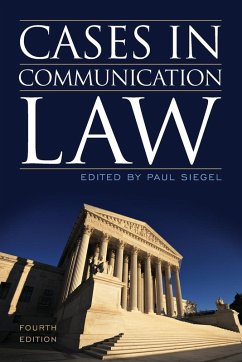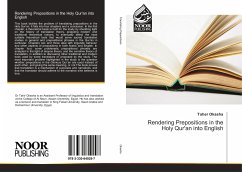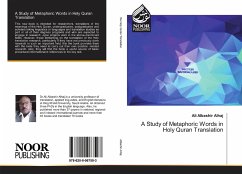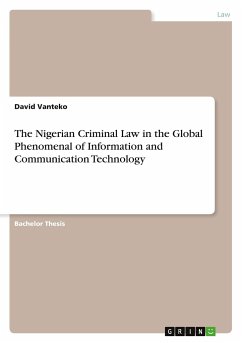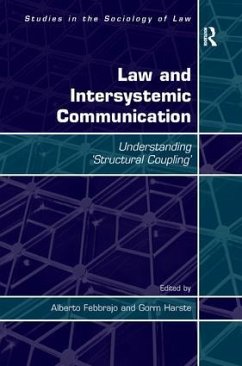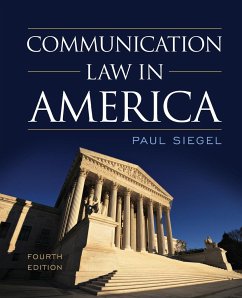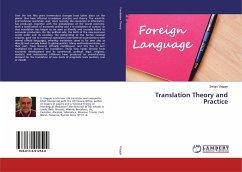
Translation Theory and Practice
Versandkostenfrei!
Versandfertig in 6-10 Tagen
47,99 €
inkl. MwSt.

PAYBACK Punkte
24 °P sammeln!
Over the last fifty years tremendous changes have taken place on the planet that have affected translation practice and theory. The scientific and technical revolution -and, more recently, the revolution in informatics- has produced, together with the globalization of the world economy, both a textification of economic activity and a re-oralisation of culture, so that translation has begun to be seen as directly and crucially linked to economic production. On the political side, the birth of the new post-war world order and its corollary, the dismantling of the former colonial empires, gave ri...
Over the last fifty years tremendous changes have taken place on the planet that have affected translation practice and theory. The scientific and technical revolution -and, more recently, the revolution in informatics- has produced, together with the globalization of the world economy, both a textification of economic activity and a re-oralisation of culture, so that translation has begun to be seen as directly and crucially linked to economic production. On the political side, the birth of the new post-war world order and its corollary, the dismantling of the former colonial empires, gave rise to numerous specialized international organizations with several official languages, whereby translation came to be seen also as directly and crucially linked to global politics. Many multinational states, on their part, have become officially multilingual, and this has in turn multiplied the demand for translation. These new needs derived from economic development and its commercial, political, legal, religious, mediatic and institutional offshoots have produced an overwhelming demand for the translation of new kinds of pragmatic texts (written, oral or mixed).



